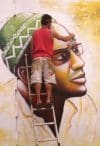
Confession
A new poem by Raymond Nat Turner. | more…

A new poem by Raymond Nat Turner. | more…
The Cuban Revolution cannot disintegrate because it was never made of meringue. Not because it has not been sweet, but because the revolution has also tasted bitter fruits that, to date, we have known how to turn into strengths. | more…
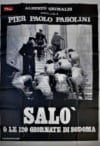
The increasing consolidation of the modern entertainment industry by a small clique of multinational streaming giants is the next step in the “standardization of style” in mass-consumed art. The work of Pier Paolo Pasolini can help remind us of what we’re missing. | more…
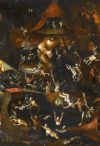
A new poem by Marge Piercy. | more…
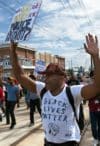
A new poem by Black Agenda Report poet-in-residence Raymond Nat Turner. | more…

The two Koreas—sharing a language, cultural traditions, history of imperial conquest and war, and interrupted family connections—both have mostly succeeded in controlling the pandemic, within different political-economic systems and with markedly different methods. | more…
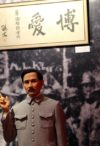
The Chinese diaspora is compelled either to prostrate to an edifying project of assimilation to U.S. liberal democracy, or be branded as illiberal “Red Guards” unfit for serious political discourse. This discursive context has long mobilized overseas Chinese to affirm the universalism of Western liberalism in opposition to a Chinese despotism defined either by dynastic backwardness or communist depravity. Can overseas Chinese speak for themselves in the face of the West’s “hegemonic right to knowledge?” Or will all such speech that challenges U.S. presuppositions of liberal selfhood and Chinese despotism simply be tuned out as illiberal noise? | more…
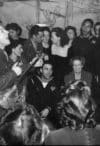
The revival of folk music—music derived from rural southern sources, unamplified, and, to a large extent, comprised of old songs of anonymous origin—was more than just another fad. Folk music encapsulated longings for an idyllic past, for a time before crass commercialism turned music into a commodity, and for relationships between musicians and audiences that were egalitarian and holistic. | more…
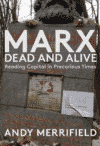
Karl Marx saw the ruling class as a sorcerer, no longer able to control the ominous powers it has summoned from the netherworld. Today, in an age spawning the likes of Donald Trump and Boris Johnson, our society has never before been governed by so many conjuring tricks, with collusions and conspiracies, fake news and endless sleights of the economic and political hand. And yet, contends Andy Merrifield, as our modern lives become ever more mist-enveloped, the works of Marx can help us penetrate the fog. In Marx, Dead and Alive—a book that begins and ends beside Marx’s recently violated London graveside—Merrifield makes a spirited case for a critical thinker who can still offer people a route toward personal and social authenticity. | more…
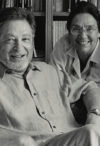
Hilary Rose, a sociologist, and Steven Rose, a neuroscientist, were two of the principal founders of the British Society for Social Responsibility in Science in the late 1960s in London. They speak about their work as scientists and antiwar activists, particularly around the issue of Palestinian liberation. | more…
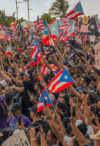
A new poem by Linda Backiel. | more…
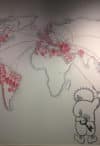
The relation between Zionism and Judaism (the Jewish religion) is paradoxical and complex. In its early days, Zionism was apparently a thoroughly secular political movement. In reality, while its ego was secular, its id has always been religious. And in recent times, the latter has emerged from its hidden recess and is parading in full view. | more…
Notifications